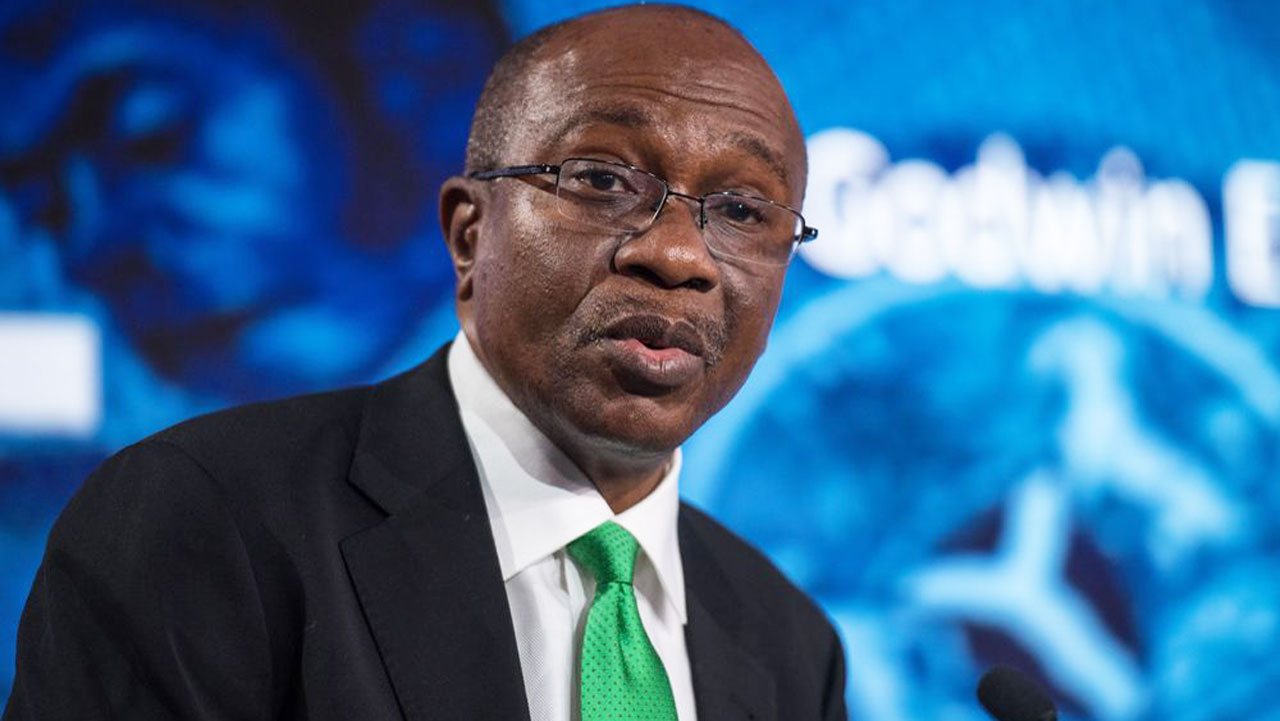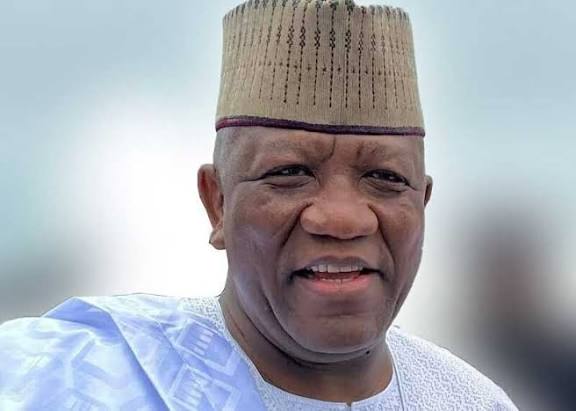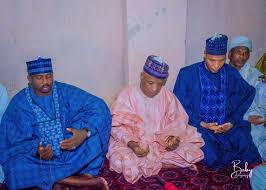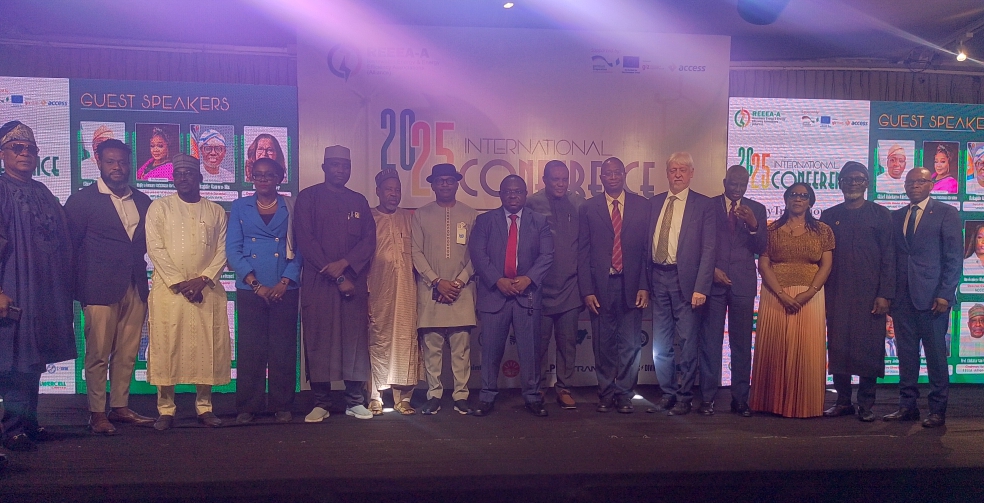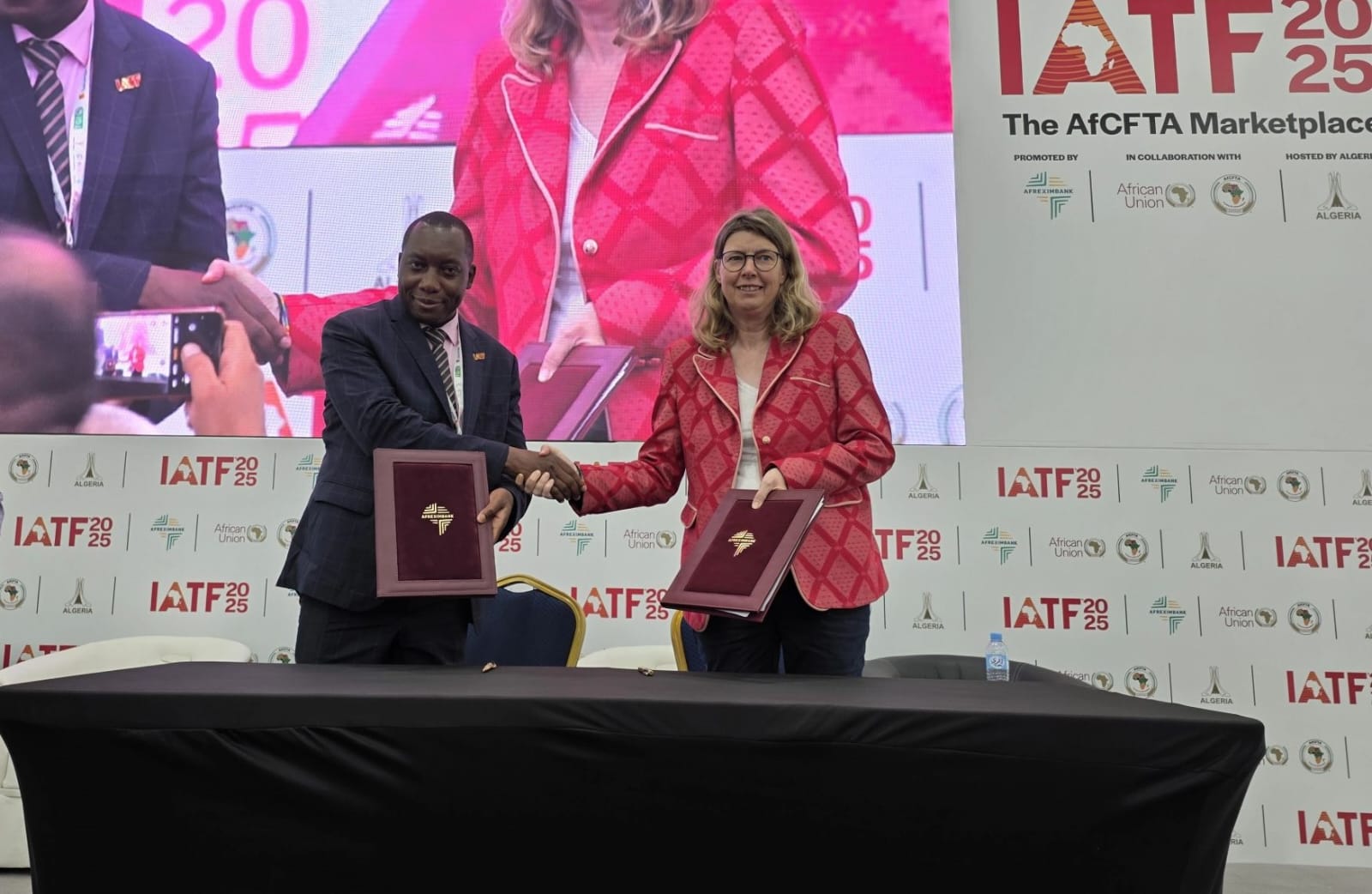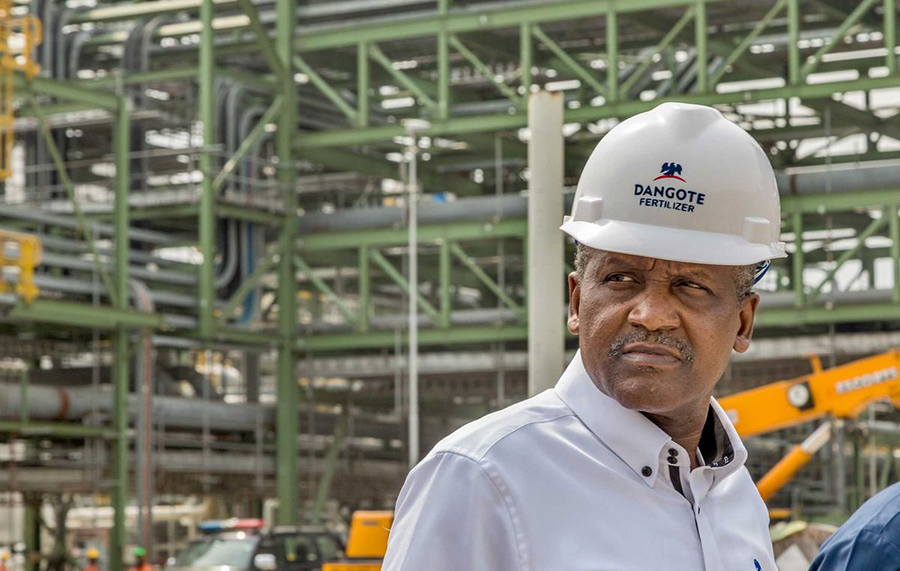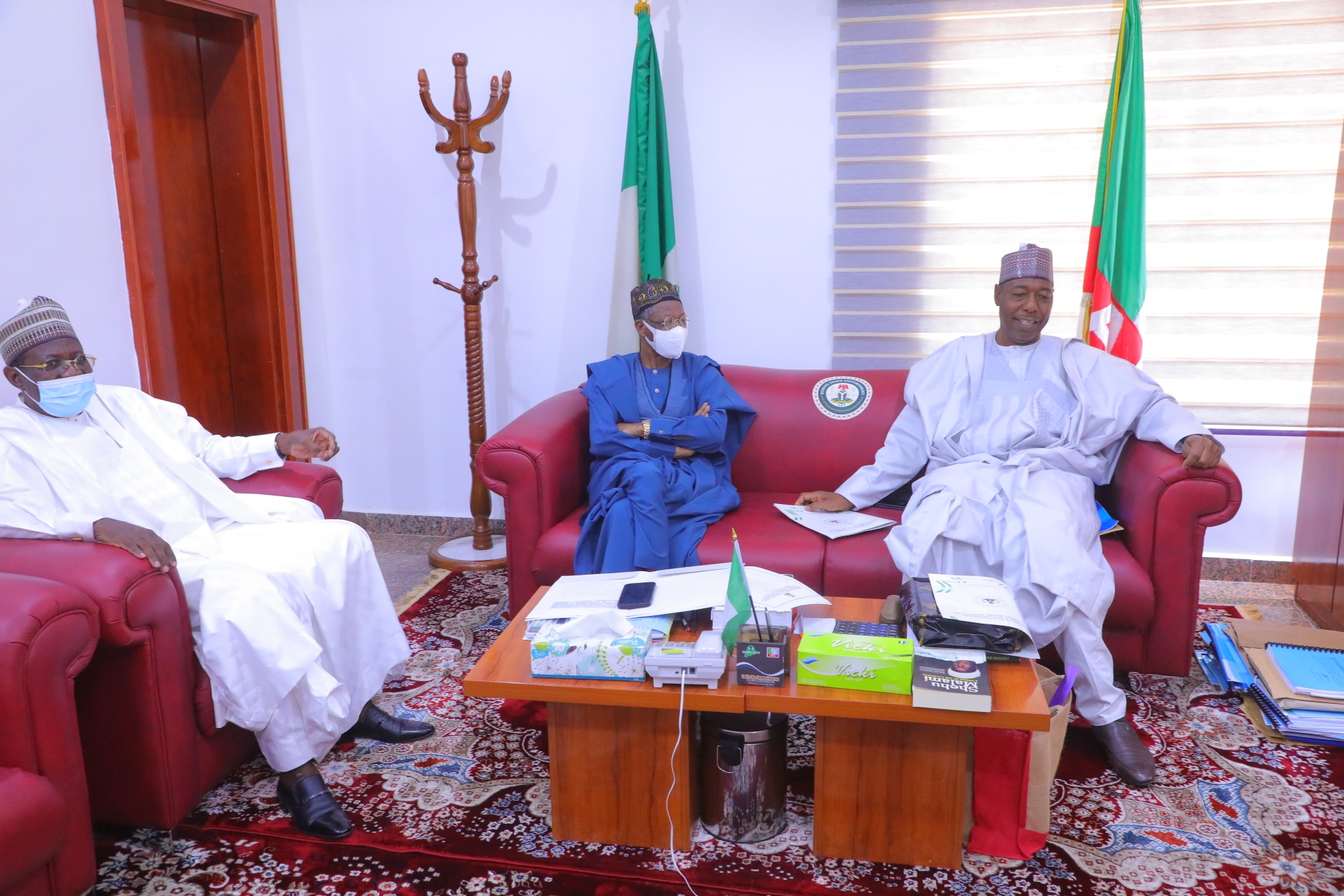The 4th Renewable Energy and Energy Efficiency Association -Alliance (REEEA-A) 2025 International Conference opened with great anticipation, bringing together policymakers, industry leaders, development partners, and stakeholders to deliberate on Nigeria’s energy future under the theme “Energy Transition: From Rhetoric to Action in Nigeria.”
The conference kicked off with the Governor’s address, delivered by Hon. Biodun Ogunleye, Honorable Commissioner of Lagos State Ministry of Energy & Mineral Resources, representing His Excellency Governor Babajide Sanwo-Olu. Ogunleye warmly welcomed attendees and emphasized the urgency of Nigeria’s energy transition, noting that global shifts have rendered it an imperative rather than an option.
“This conference comes at a crucial time when energy transition has shifted from a distant goal to an urgent necessity. Nigeria’s future depends on swift and effective action to build a cleaner, more sustainable, and independent energy sector,” Ogunleye said.
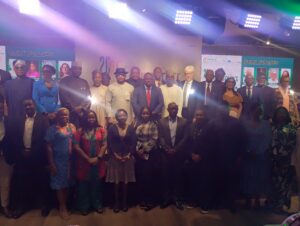
Highlighting Lagos State’s pioneering role, he revealed ongoing renewable initiatives, including the conversion of 42,000 streetlights to solar power and partnerships to electrify 32 general hospitals with renewable energy solutions. These efforts, he noted, represent a quiet revolution toward energy sustainability in Nigeria’s commercial capital.
The Lagos government is also revitalizing earlier renewable projects, upgrading infrastructure with an additional 2,000 kilowatt-hours of renewable capacity to support critical public institutions, signaling a robust commitment to green energy and climate resilience.
Following the governor’s remarks, Nigeria’s Honorable Minister of Power took the podium, underlining the need for an integrated and ambitious approach to energy transition. The Minister stressed the importance of collaboration between the government, the private sector, and development partners to accelerate the adoption of renewable energy technologies.
“The transition is not only a matter of environmental stewardship but also economic opportunity,” the Minister remarked. “We must break down barriers, revise regulatory frameworks, and leverage innovative financing models to attract investments that will propel Nigeria’s energy sector into a new era.”
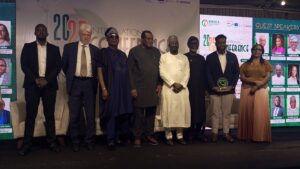
A key point raised was the urgent need to expand the capacity caps on mini-grid regulations to enable larger-scale renewable projects. The Minister also called for leveraging existing global funds, highlighting Jeff Bezos’ $7.5 billion commitment to climate solutions, encouraging Nigeria to position itself to benefit from such investments.
The President of REEEA-A followed with a powerful keynote that laid bare the realities of Nigeria’s current energy challenges and the dire need to move beyond talk toward tangible implementation. He commended ongoing efforts in various sectors but was firm in his call for renewed urgency and innovation.
He emphasized diversification beyond solar, highlighting biomass and micro-hydro as underutilized yet promising renewable energy sources. “We must be creative and agile in deploying multiple energy models that reduce costs and improve accessibility,” he said.
The President also showcased a recent hybrid solar and micro-hydro project commissioned in Balanga, which revitalizes a wheat farming community through reliable electricity access. This project exemplifies how energy solutions can have a direct impact on agriculture, rural livelihoods, and economic empowerment.
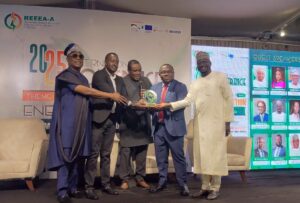
Bringing a critical gender perspective to the conference, the Honorable Minister of Women Affairs, However, Hajiya Imaan Sulaiman-Ibrahim, underscored the intersection of energy transition with social justice and gender inclusion.
Addressing the need to mainstream gender in energy and climate policies, she shared several initiatives championed by her ministry. Foremost among these is the deployment of 4 million e-cookstoves to Nigerian households, a landmark program designed to reduce indoor air pollution, improve health outcomes, and create green jobs through local assembly.
“Women and children are disproportionately affected by household air pollution caused by traditional cooking fuels. Our clean cooking solutions will not only lower carbon emissions but also empower women economically and socially,” she explained.
She also highlighted ongoing programs to support electric mobility, including the rollout of 25,000 electric tricycles across Nigeria’s six geopolitical zones, designed as economic empowerment tools for women and youth.
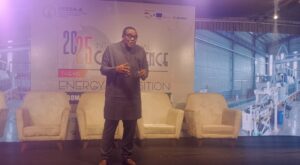
In a goodwill message, the European Union Ambassador to Nigeria and West Africa praised Nigeria’s progress in renewable energy adoption, reaffirming EU’s commitment to supporting sustainable energy projects across the continent.
“Energy transition is vital for Africa’s development. The EU stands ready to partner with Nigeria in achieving its climate goals through technology transfer, capacity building, and financial support,” the Ambassador noted.
Mr. Duke Benjamin, Cluster Coordinator of the Nigerian Energy Support Program (NESP) implemented by GIZ, reinforced the importance of international collaboration and technical assistance.
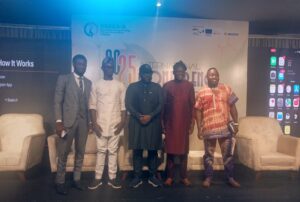
“NESP aims to strengthen Nigeria’s energy sector by promoting renewable technologies, improving policy frameworks, and enhancing access to finance. Our efforts are geared toward creating an enabling environment for investment and innovation,” he said.
The MD/CEO of Nigerian Electricity Management Services Agency (NEMSA) also addressed the conference, focusing on the critical role of standards and regulatory compliance in ensuring the safety, efficiency, and reliability of renewable energy systems.
“NEMSA’s mandate to oversee electrical safety is key to fostering confidence in renewable installations. We continue to work closely with stakeholders to develop robust technical standards,” the MD/CEO emphasized.
Representing the German Embassy, Mr. Johannes Lehne, Deputy Head of Mission, spoke on the long-standing cooperation between Germany and Nigeria in renewable energy development.
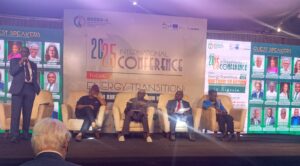
Germany is proud to support Nigeria’s energy transition through technical expertise, financing mechanisms, and capacity building. Our partnership is grounded in shared commitment to a sustainable energy future,” he affirmed.
Prof. Abubakar Sambo, Chair of the Board of Trustees of REEEA-A and a veteran energy expert, provided a comprehensive overview of Nigeria’s renewable energy landscape.
“While challenges remain, the momentum for energy transition is undeniable. Nigeria’s renewable resources are vast, and harnessing them requires innovative policies, stakeholder engagement, and public-private partnerships,” Prof. Sambo said.
Throughout the conference, a clear message resonated: the need to convert policy rhetoric into practical, scalable, and inclusive actions. Delegates exchanged insights on financing models, regulatory reforms, technological innovation, and capacity development essential to accelerating Nigeria’s green energy agenda.
In his closing remarks, Hon. Biodun Ogunleye reaffirmed Lagos State’s commitment to remaining at the forefront of Nigeria’s renewable energy revolution, pledging continued support for projects that enhance energy access and sustainability.
The 4th REEEA-A International Conference will continue tomorrow, Wednesday, 24 Sep, 2025, with renewed determination among stakeholders to transform Nigeria’s energy sector, leveraging its abundant natural resources, innovative human capital, and international partnerships, to build a resilient, equitable, and sustainable energy future for all Nigerians.



